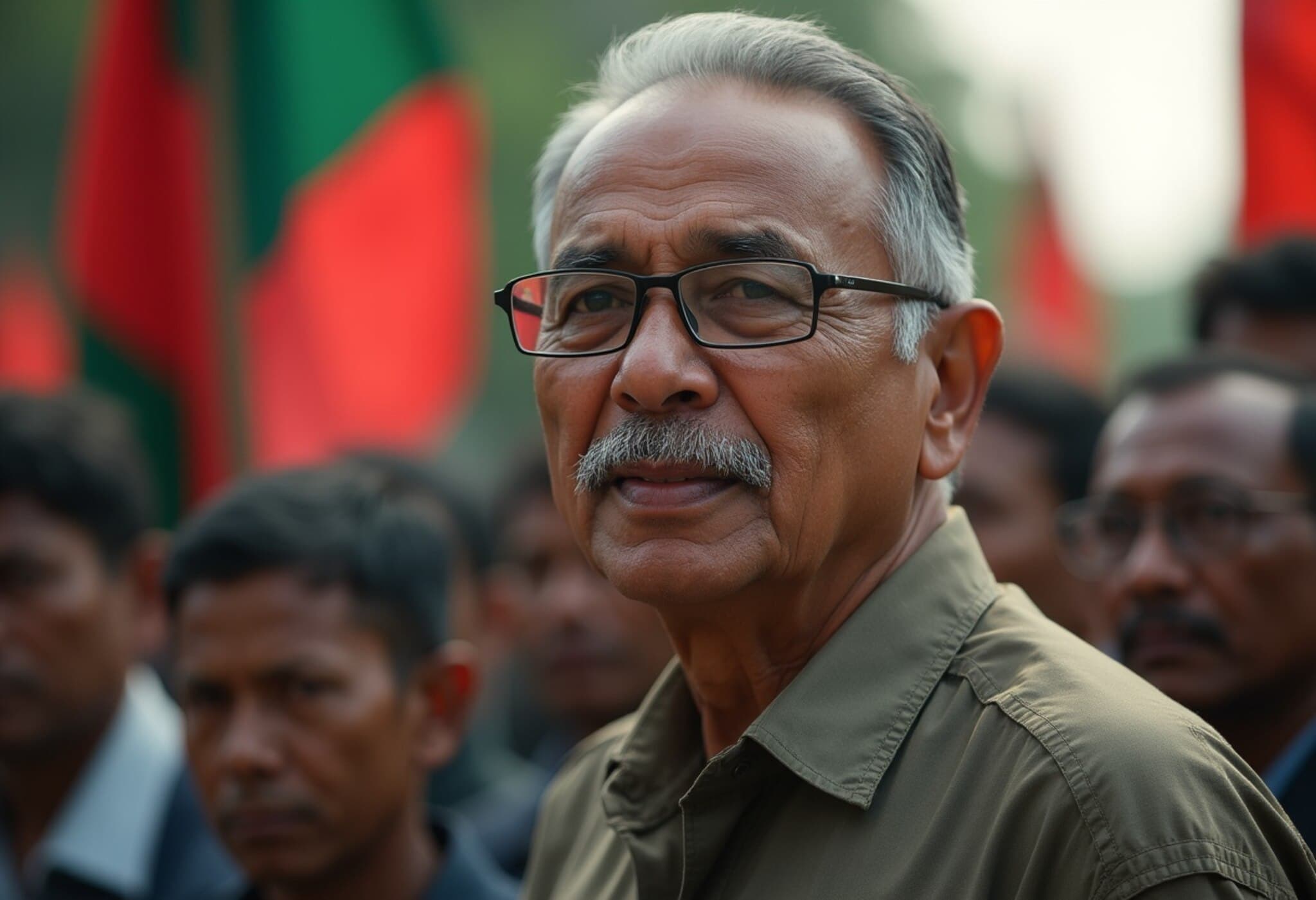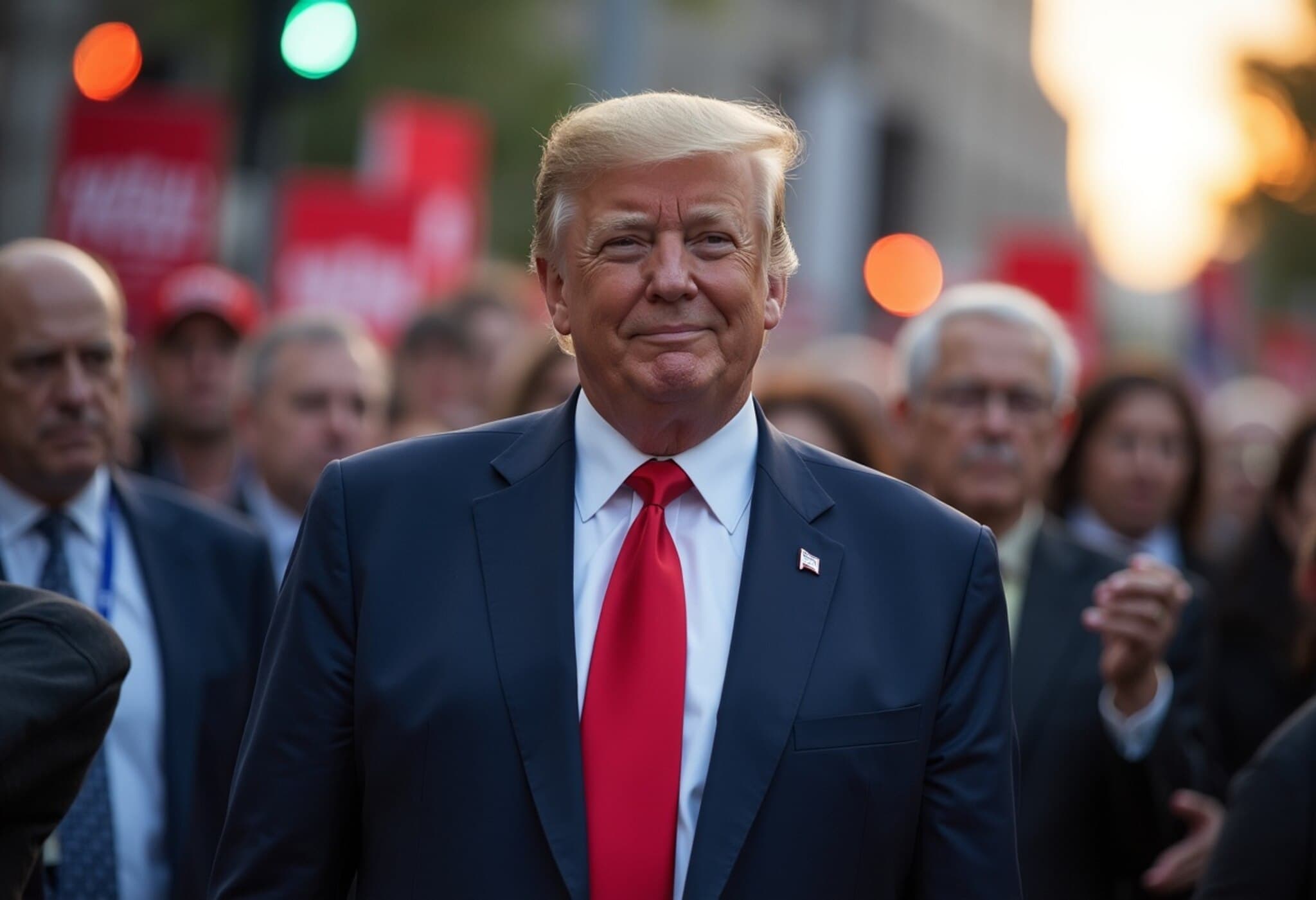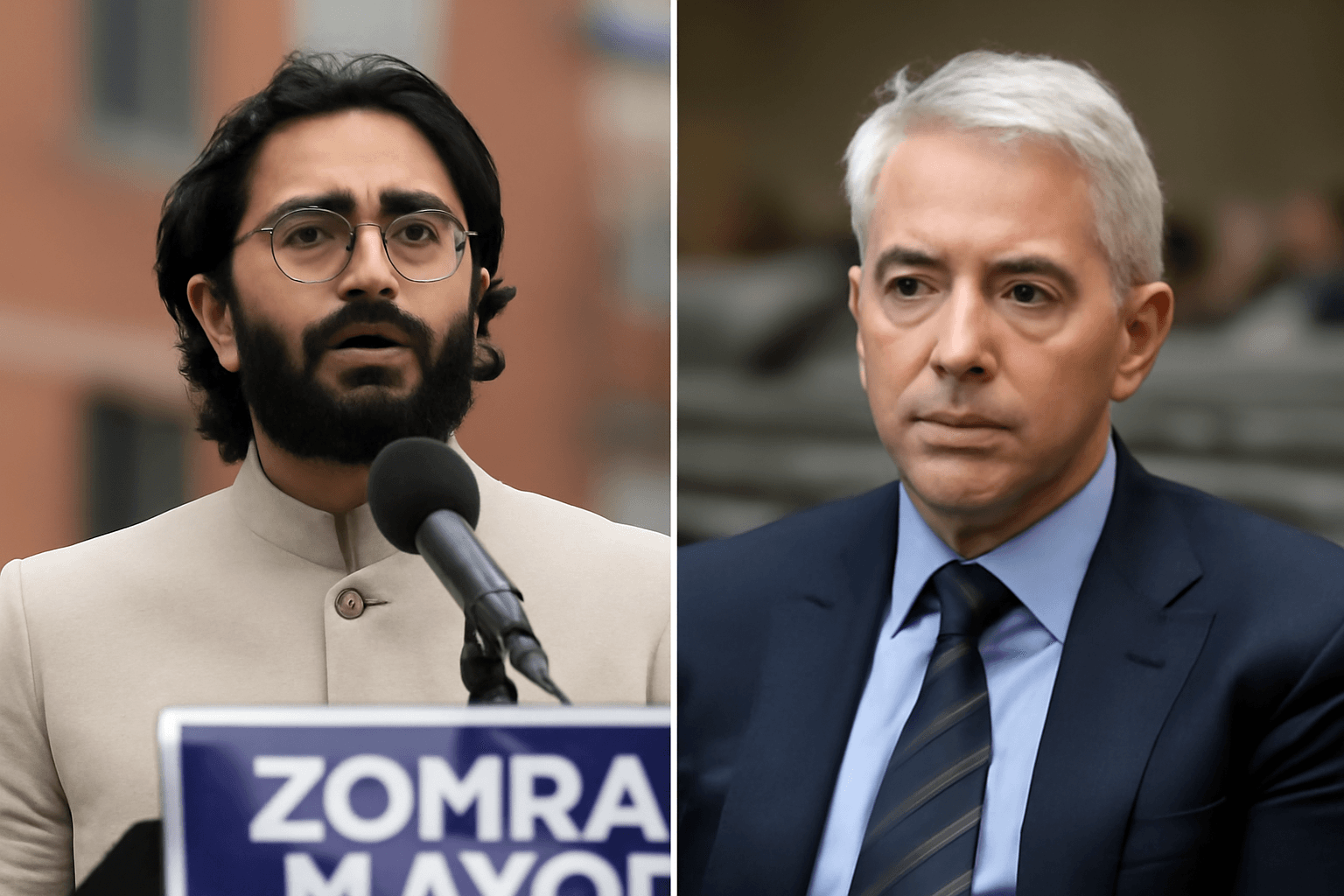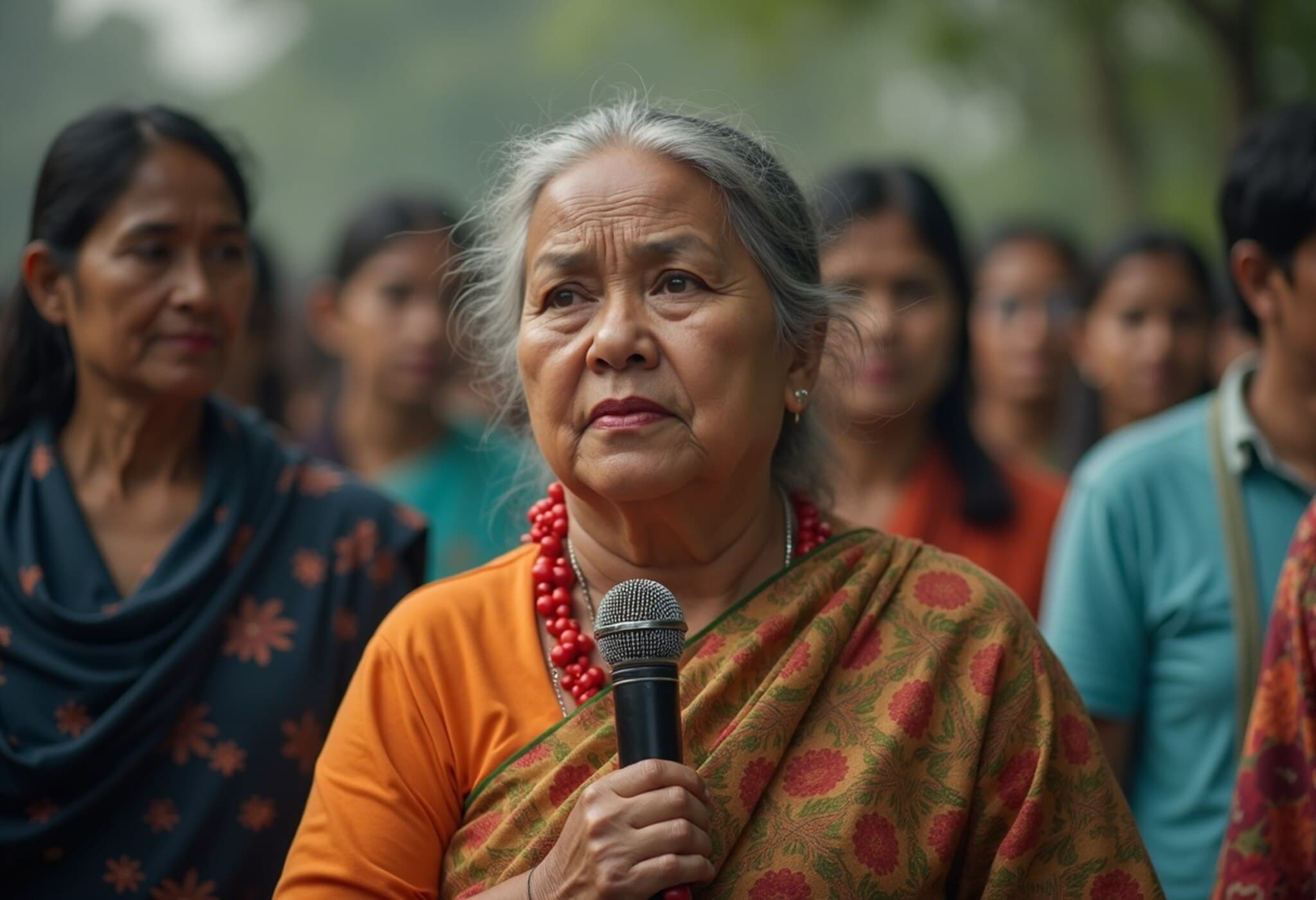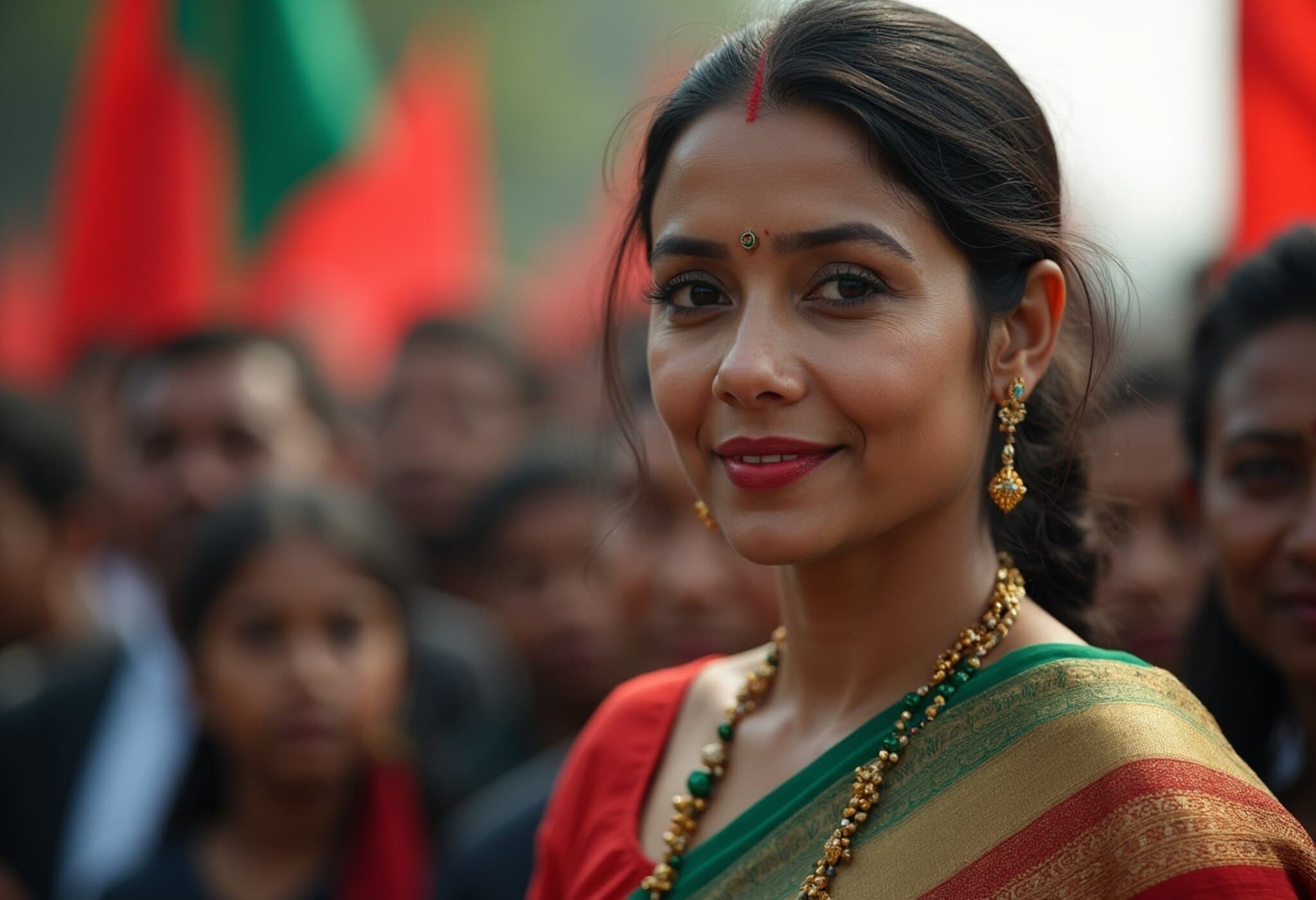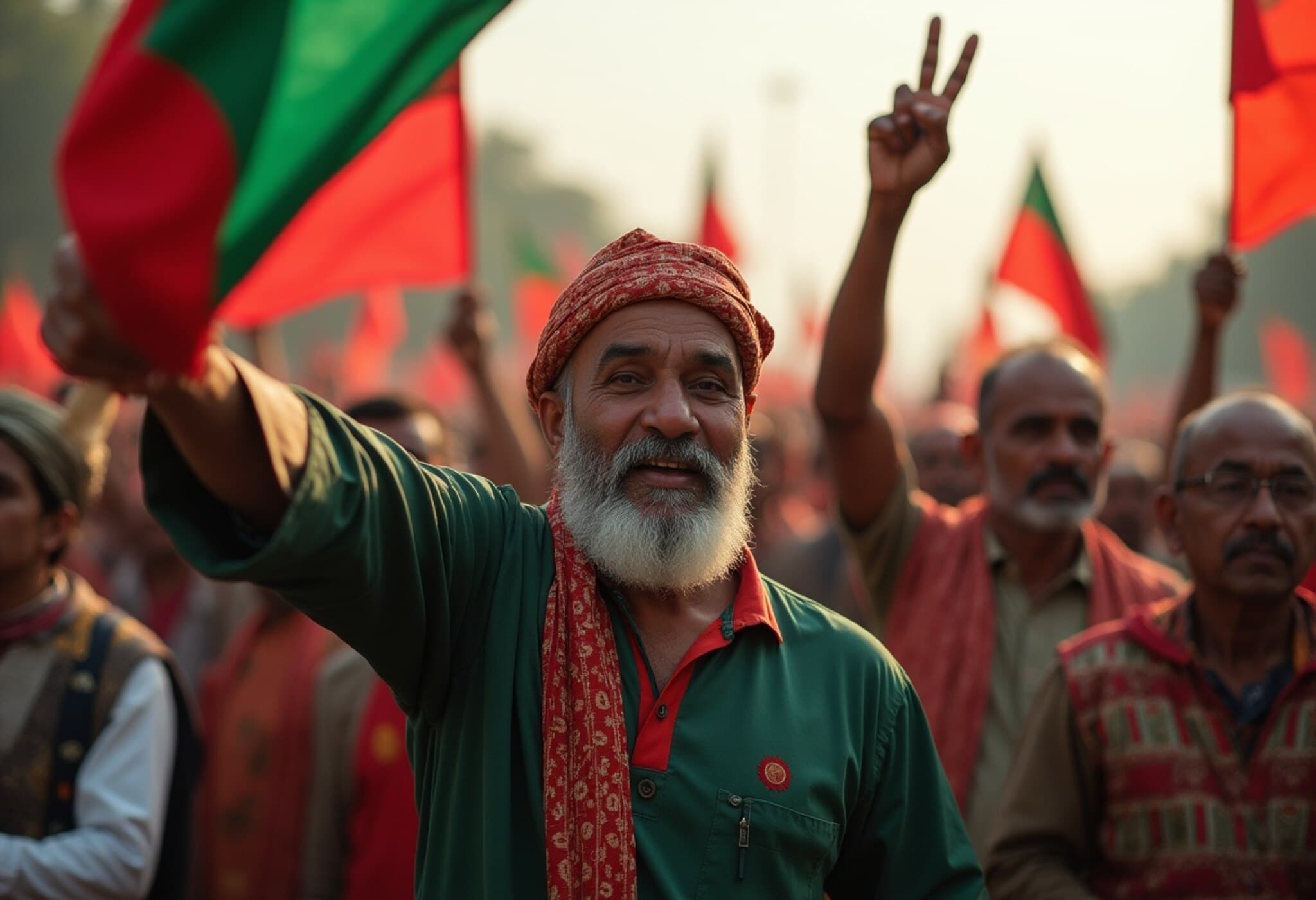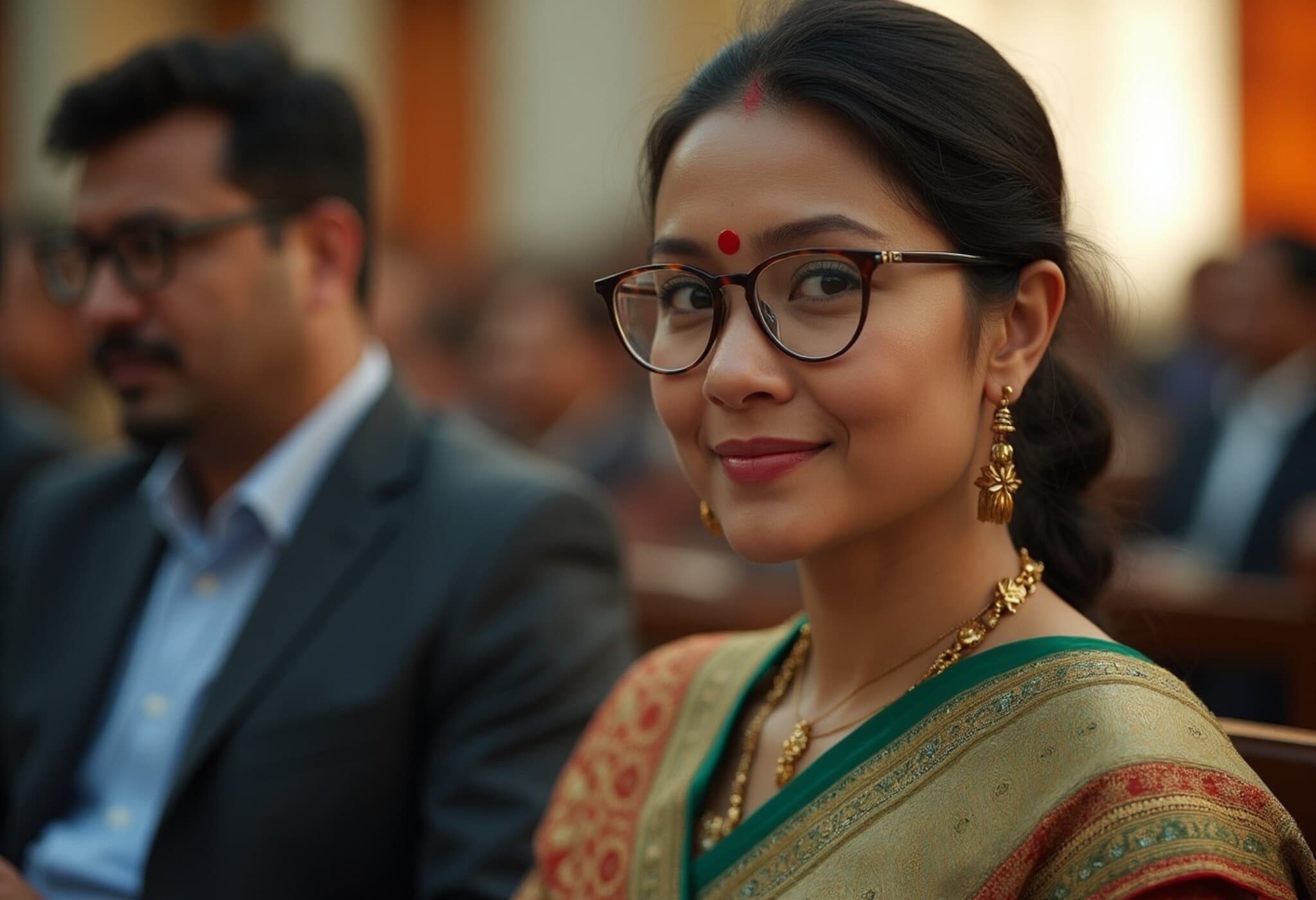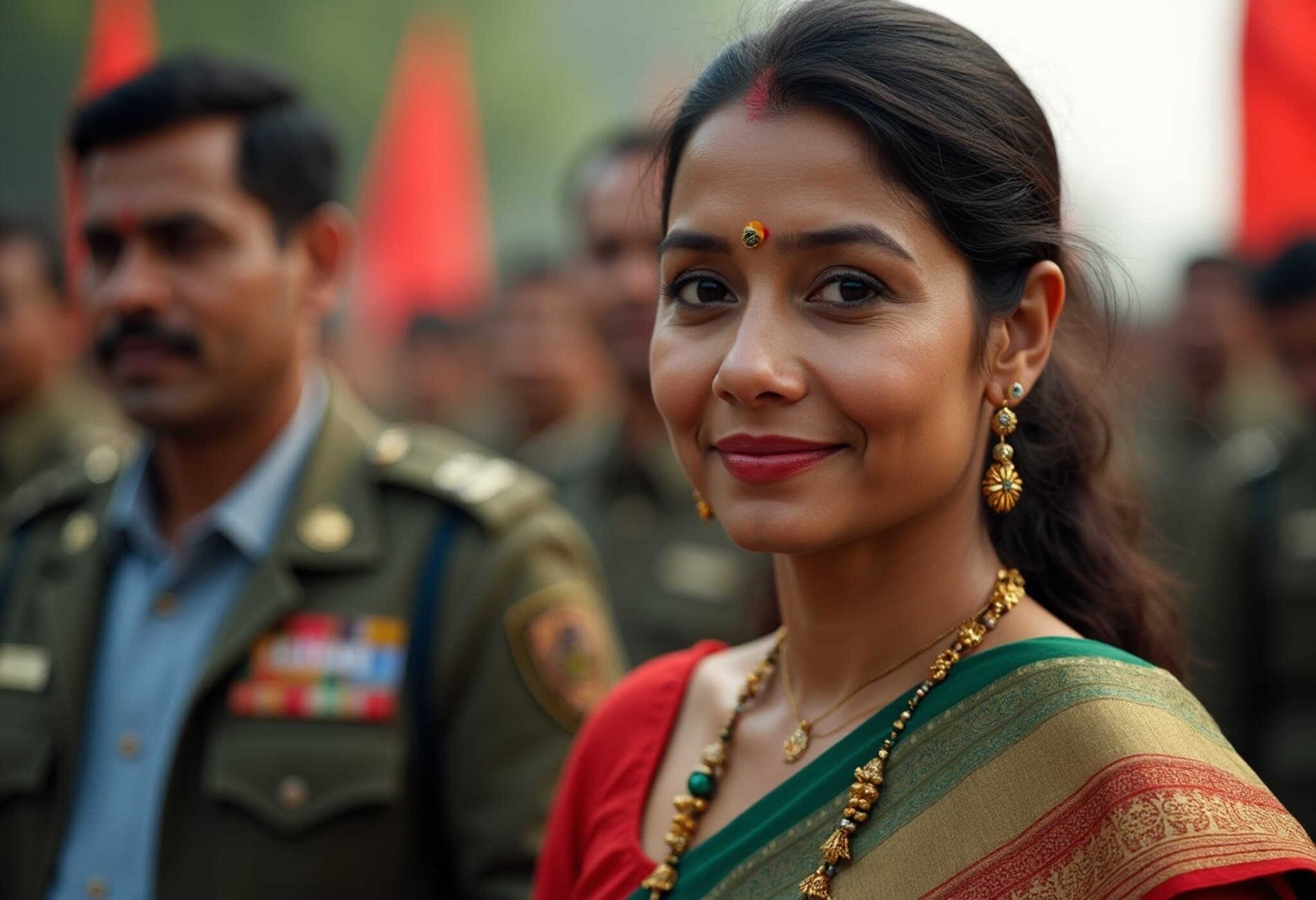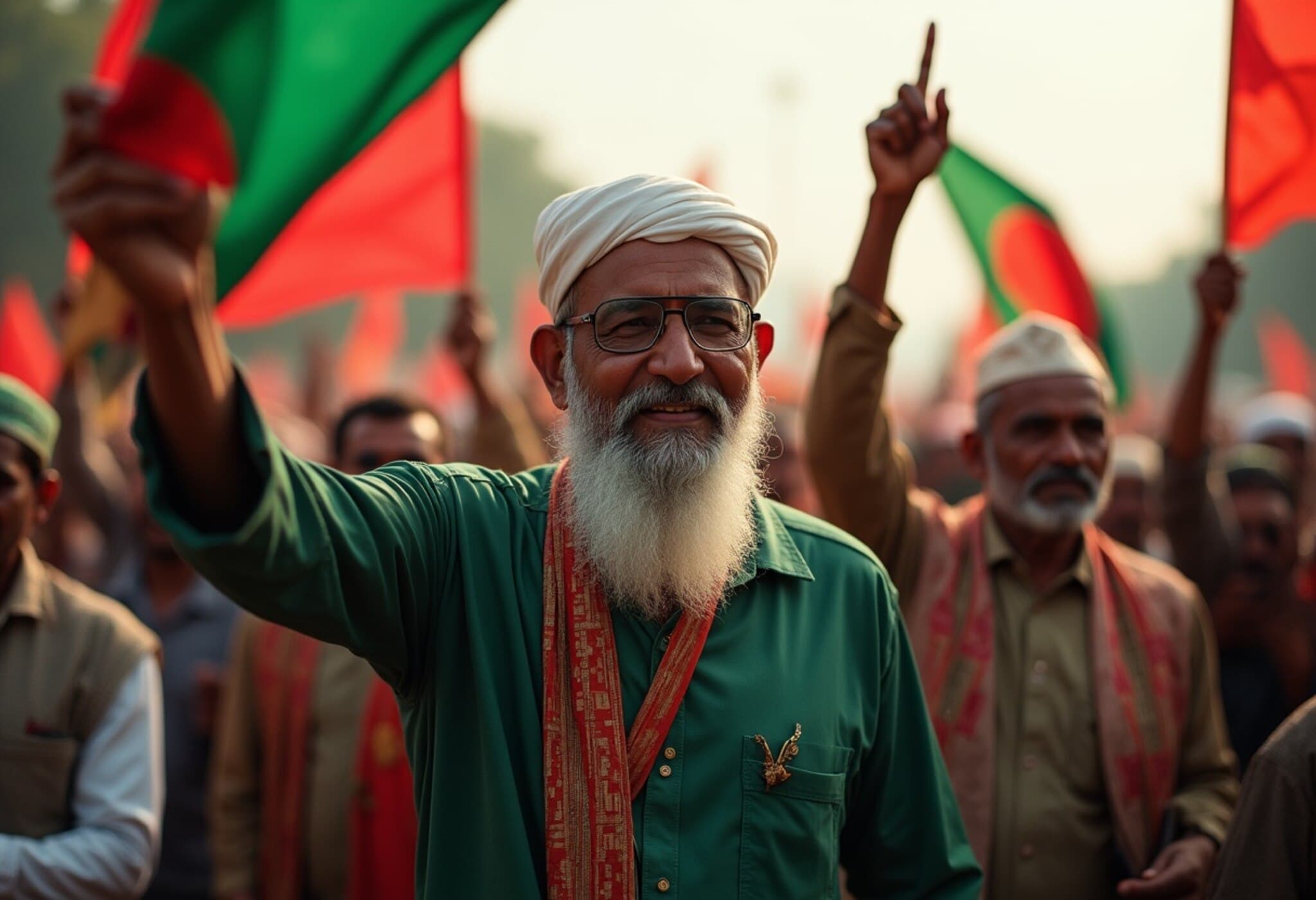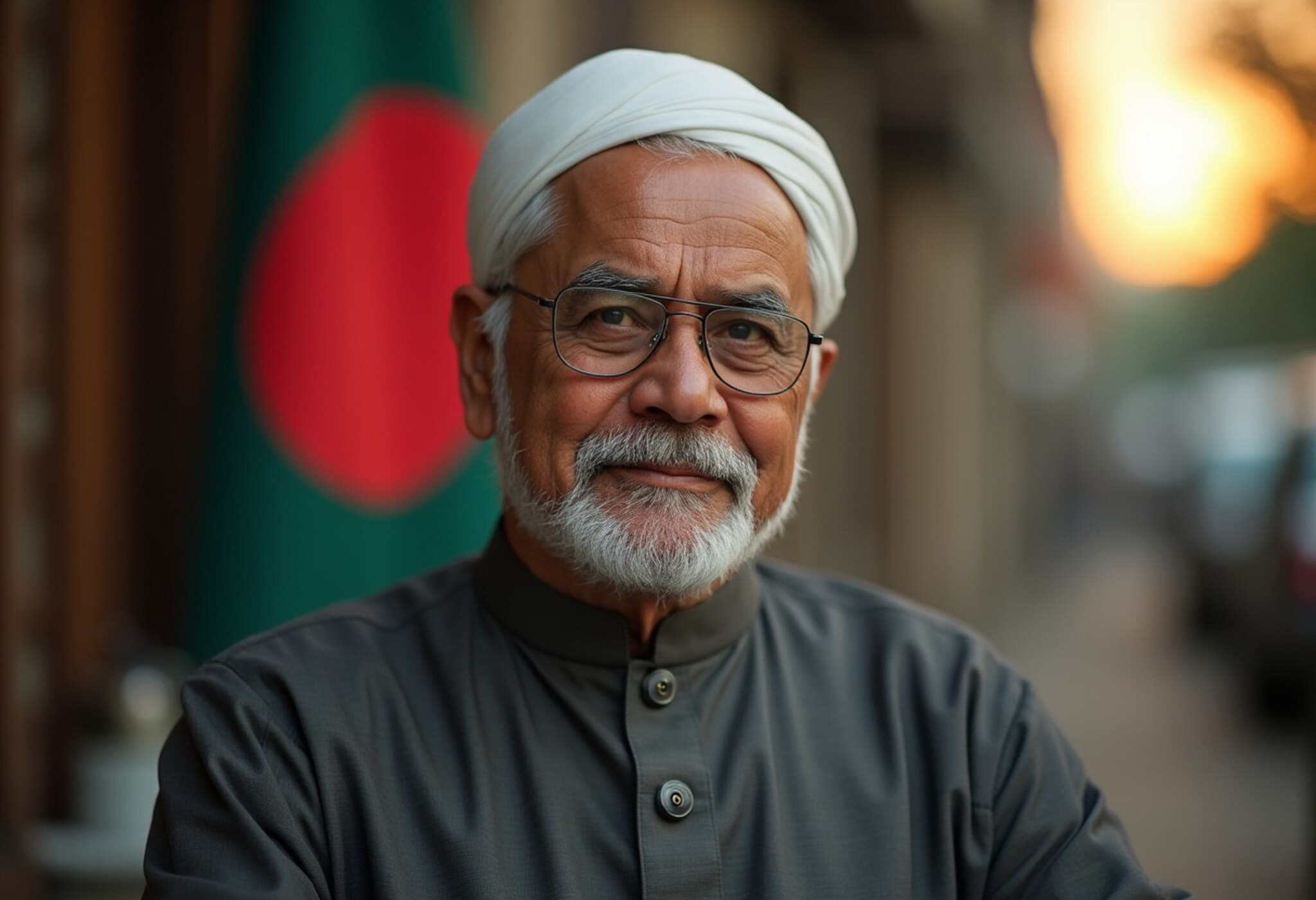Political Parties Anticipate Election Date Announcement Soon
In the midst of ongoing political uncertainty in Bangladesh, significant anticipation is building around a potential announcement for the next parliamentary election date. Political factions across the spectrum are expressing optimism that Chief Adviser Muhammad Yunus will declare the schedule within the next four to five days.
The sentiment was notably highlighted by Jamal Haider, chairman of the Jatiya Party (Kazi Zafar faction), who spoke following a pivotal 14-party meeting with Yunus on Saturday. Speaking to local media, Haider emphasized that Yunus "categorically stated" he would unveil the election timetable shortly.
"This was the most fruitful part of the discussion," Haider remarked. "The government has come to realize that elections are the only solution to the current anarchy and political instability gripping the nation." He further added, "There can be no greater message of joy than this announcement. Elections will help end the turmoil and pave the way for resolving many pressing issues."
Diverse Political Reactions: Criticism and Calls for Unity
While multiple parties showed cautious optimism, critical voices have not been silenced. Dr. Mostafizur Rahman Iran, chairman of the Bangladesh Labour Party, candidly criticized the current administration's handling of law and order, stating the government has "failed miserably" and emphasized the deterioration in public safety as a major concern.
In response to rising tensions, Chief Adviser Yunus issued a warning against forces he described as "corrupt elements" attempting to sabotage the election through chaos and disruption. At a high-level meeting held at the State Guest House Jamuna, Yunus urged all anti-fascist and democratic factions to unite in the interest of ensuring a fair and inclusive election. "If we fail to come together now, we risk losing this crucial opportunity," he stressed.
The meeting itself was marked by a somber moment of silence honoring victims of the recent plane crash at Milestone School and College, highlighting the fragility of the current social environment.
Chief Election Commissioner's Stark Warning
Amid the political dialogue, Chief Election Commissioner (CEC) AMM Nasir Uddin issued a sobering reminder that the upcoming 13th national election represents a critical crossroads for Bangladesh's democratic trajectory. Addressing attendees at a views-exchange forum in Khulna, CEC Nasir underscored the nationwide stakes involved.
"This election is a challenge for all of us," he said. "Success will move Bangladesh closer to authentic democracy; failure will have dire consequences for the entire nation."
The CEC acknowledged the manifold hurdles ahead, including the pressing need to rebuild public trust in electoral institutions—an issue complicated by historical grievances and disenfranchisement. He cited declining voter turnout as a central concern, with many citizens disillusioned due to previous electoral disappointments.
Furthermore, Nasir clarified that until constitutional reforms are enacted, the elections will proceed under the existing frameworks, which still carry inherent limitations. He pointed out that the official election schedule, including key dates and candidate nomination procedures, would be announced about two months ahead of the polls.
Contextual Challenges: Banned Parties and Democratic Implications
In the current political landscape, it is crucial to note that the Awami League, Bangladesh’s former ruling party led by Sheikh Hasina, remains banned from contesting the elections. This unprecedented exclusion raises important questions about the inclusivity and fairness of the electoral process, impacting perceptions both domestically and internationally.
Political analysts suggest that the exclusion of such a key political force could deepen divisions and complicate efforts toward national reconciliation. The Election Commission’s challenge is thus dual: to conduct elections that uphold democratic principles, while navigating an intensely polarized and unpredictable environment.
Expert Insights: The Road Ahead for Bangladesh’s Democracy
Bangladesh stands at a critical juncture reminiscent of other emerging democracies struggling to balance political stability with open, competitive elections. The Chief Adviser’s forthcoming announcement is more than a scheduling formality; it symbolizes a potential turning point in restoring democratic governance after years of political unrest.
However, experts caution that election dates alone do not guarantee resolution. Meaningful reforms in election administration, voter education, law enforcement impartiality, and safeguards against political intimidation are essential to ensuring these elections restore faith in the democratic process.
From a U.S. policy standpoint, stable elections in Bangladesh are of strategic interest, given the nation's role in South Asia's economic and geopolitical milieu. The international community will undoubtedly observe closely how Bangladesh navigates this complex electoral path.
Key Takeaways:
- Election Date Announcement Expected Soon: Political parties optimistic about an imminent announcement.
- Security and Law Enforcement Remain Major Concerns: Political leaders openly criticize current conditions.
- Election Commission Warns of High Stakes: Calls for restoring trust and increasing voter turnout.
- Controversies Persist: Banning of Awami League raises legitimacy questions.
- International Attention: Bangladesh’s democratic health is key in South Asia’s stability.
Editor’s Note
As Bangladesh navigates this fraught electoral season, the critical question remains: can the country hold elections that are not only timely but also free, fair, and inclusive? The path ahead demands collective political will, robust institutional reforms, and unwavering public engagement. Observers should watch how forthcoming developments may redefine Bangladesh’s democratic future amidst complex political dynamics.

